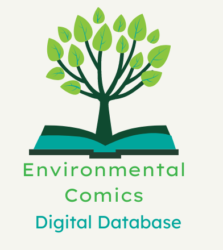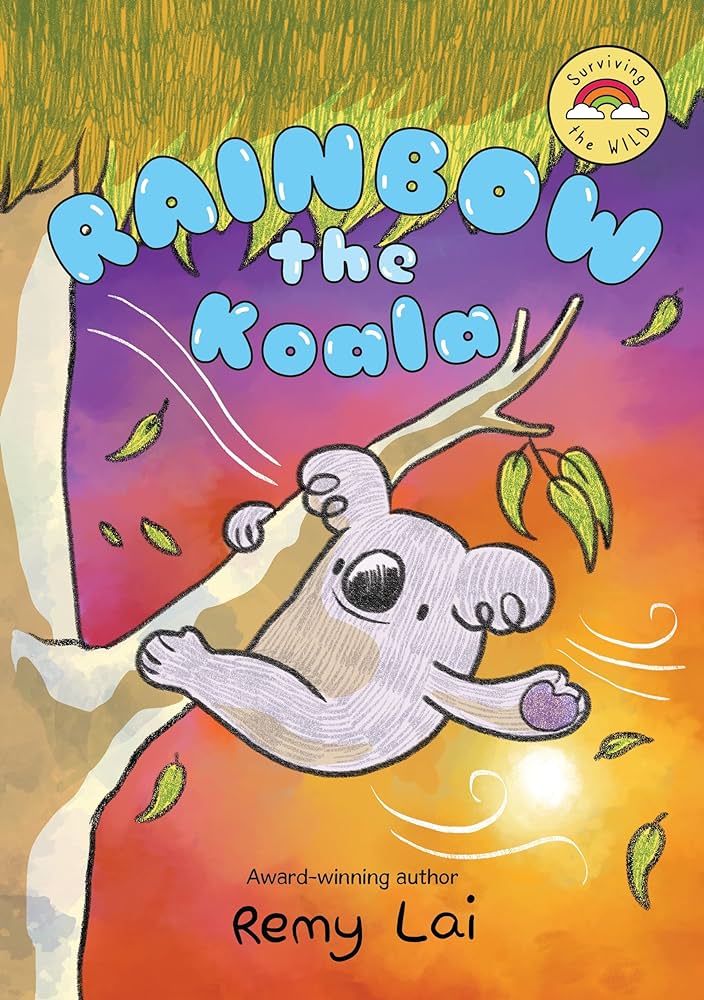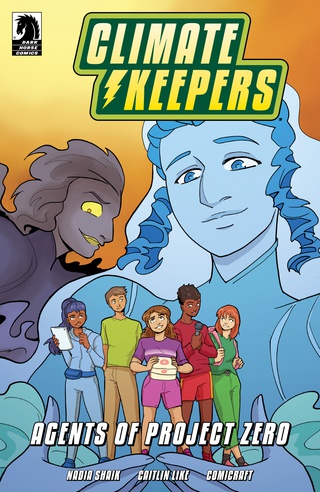“Maybe because I actually care about the carbon footprint of our town? Because these plants are alive, and this park is the last safe place for them?” — Pamela Isley, Poison Ivy: Thorns, p. 119.
| Creator(s) | Kody Keplinger (writer), Sara Kipin (Illustrator) |
| Publisher | DC Comics |
| Publication Date | 2021 |
| Genre | Fiction, Horror, Superhero |
| Environmental Themes and Issues | Deforestation, Ecoterrorism, Environmental Activism, Habitat Destruction, Hostile Environment, Mutated Organisms, Plants, Sustainability, Vegetarianism |
| Protagonist’s Identity | Pamela Isley: A queer teenage girl coded as white The comic’s cast also features a multi-racial cast of characters, including Alice Oh, Pamela’s queer Asian love interest, and Mr. Crowley, a Black teacher |
| Protagonist’s Level of Environmental Agency | Level 5: High Environmental Agency and Activism |
| Target Audience | Young Adult |
| Settings | Unnamed fictional city |
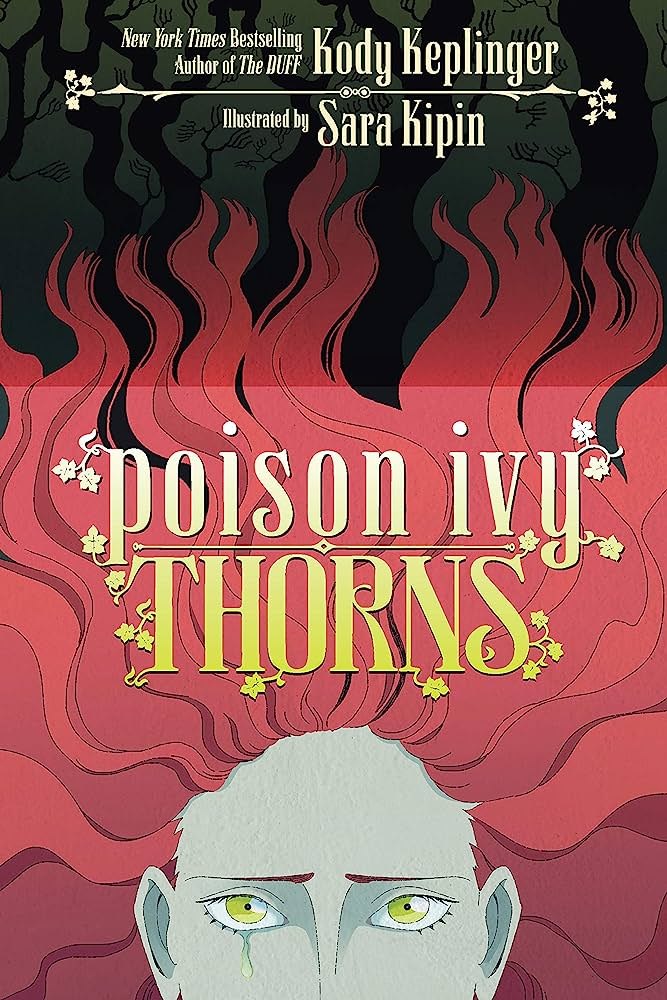
Environmental Themes
Kody Keplinger and Sara Kipin’s horror graphic novel Poison Ivy: Thorns reimagines DC’s famous anti-hero origin story. The comic centers on Pamela Isley, a teen girl with a passion for the environment, plants, and sustainability. In the opening scene, she sneaks into a local park that a corporation plans to bulldoze and develop into a business park. Crying, she tells the plants, “I tried, but the petitions and protests didn’t work. There’s nothing else I can do. I’ve failed you all. If I can’t stop them… I can at least make them suffer first” (Keplinger 11). Pamela smashes a vial on the ground, releasing a poison gas that injures construction workers working in the park. Local officials label this incident an act of ecoterrorism.
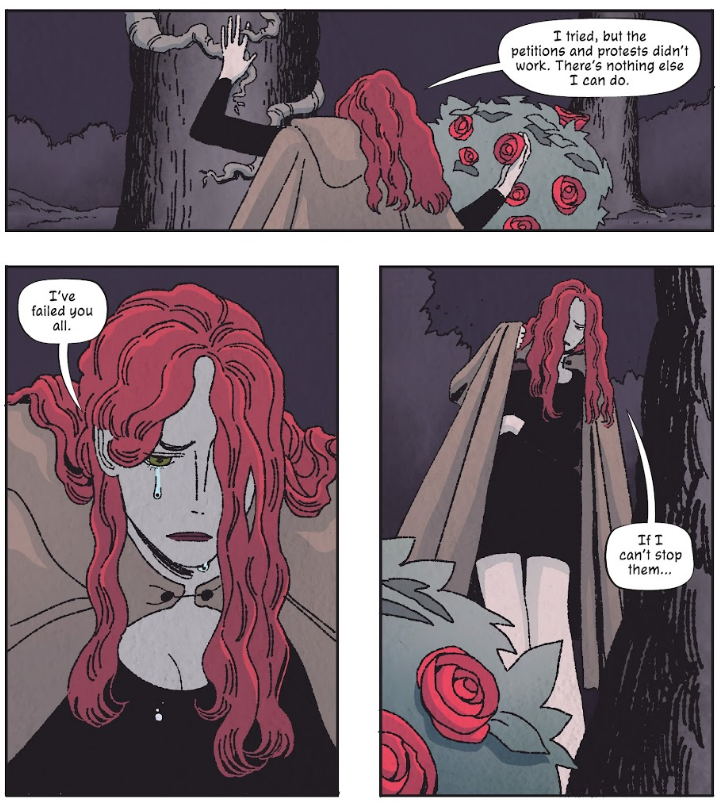
Pamela’s actions have unintended consequences that soon expose her family’s secrets. The gas forces people living near the park to evacuate, and Pamela’s friend Alice Oh arrives at the mysterious Isley Manor to stay with Pamela and her overbearing physician father. Pamela’s father has secretly been performing medical experiments on the girl in an attempt to save her mother, who was poisoned by a plant during a research trip. One night, Alice discovers Pamela’s unconscious mother in the attic, and Pamela reveals the truth about her father’s experiments. She swears Alice to secrecy, convinced that her father is the only person who can save her mother.
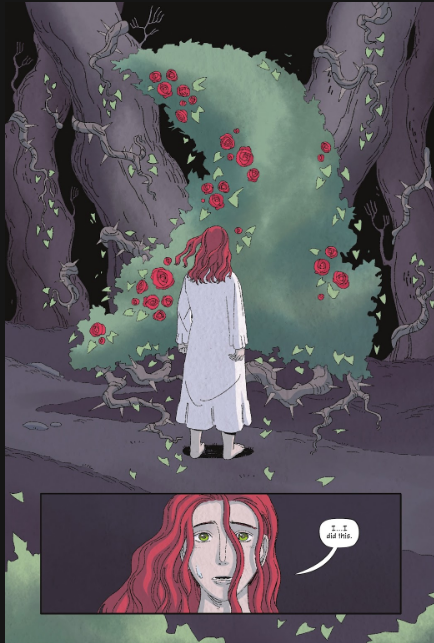
Meanwhile, Pamela repeatedly gets sexually harassed at school by Brett Connors, the son of the family developing the park. Brett spreads rumors about Pamela, repeatedly touches her without consent, and eventually destroys her plants in the school greenhouse. Tired of getting abused by men, Pamela decides to fight back. But will her resistance come at a cost?
Poison Ivy: Thorns skillfully interweaves environmental messages with themes of domestic violence, identity, misogyny, and sexuality. The comic offers an ecofeminist message by paralleling Pamela’s mistreatment at the hands of the father and Brett to the exploitation of the natural world.
Paratexts
The comic includes a one-page list of resources with contact information for The Jedi Foundation, RAINN (Rape, Abuse & Incest National Network), and Safe Horizon.
